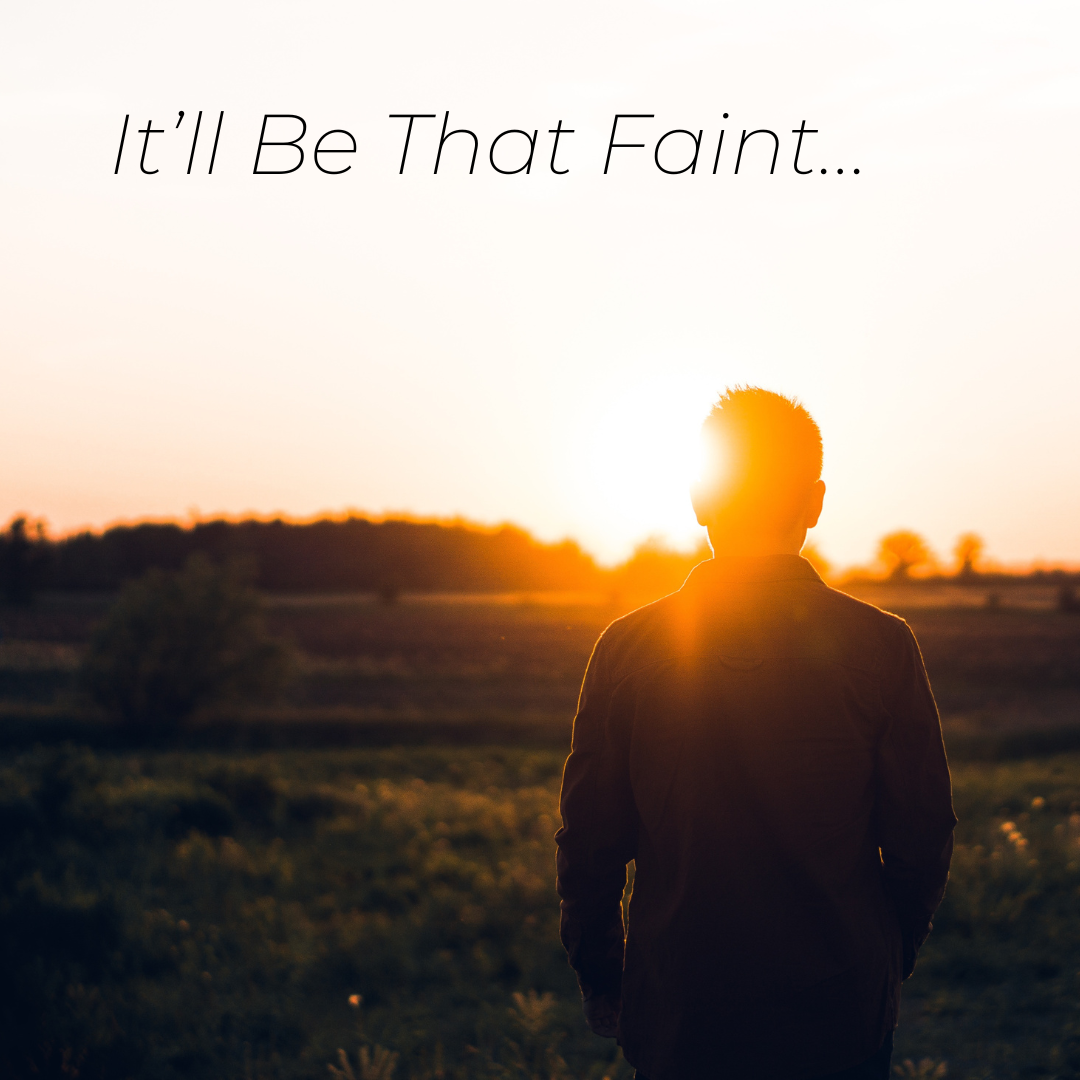
...one day the sun will come out—you might not even notice straight away, it'll be that faint. And then you'll catch yourself thinking about something or someone who has no connection with the past... And you'll realize that this is where your life is.
— Brooklyn, 2015
This week, I'm traveling with my wife Kelly and our youngest son Charlie to his college orientation. And in the realization that he'll be leaving home soon for good, some deeply etched memories have been triggered within me—trips we took when the kids were little, first days of school, Little League games, and watching old movies together as a family.
Charlie in particular, from a very early age, has always had a way of underlining the pain that's inherent in seasons of transition. For instance, at just 4 or 5 years old, when Charlie was especially down about leaving preschool and his classmates behind, Kelly asked him about it. He replied that he was sad because this was the last time he'd be friends with many of those people. We tried to convince him otherwise, but actually it was true. Time just takes us along.
I recently learned that the word "nostalgia" first entered our lexicon not as a way to refer to the wistful feeling we get about our memories, but as a medical term. A Swiss physician named Johannes Hofer coined the term in 1688, combining the Greek words, nostos, meaning homecoming, with algos, meaning pain. His diagnosis of the malady referred to the emotional suffering and constellation of physical symptoms that yearning for the past often brings. That is to say, the notion of nostalgia was originally associated more with the pain certain memories cause than the beauty they might evoke.
One of those memorable movies our family watched together years ago was called Brooklyn, a film about a vulnerable yet steely teenager named Eilis Lacey who leaves her home and family in rural Ireland in the 1950s to come to America, landing on Ellis Island, before settling in Brooklyn. Lonely, isolated, conflicted, Eilis bears the full weight and despair of homesickness as she makes a new life for herself in a strange and far-flung place. Toward the end of the film, Eilis, offers another young immigrant arriving in New York City this advice:
You'll feel so homesick that you'll want to die, and there's nothing you can do about it apart from endure it. But you will, and it won't kill you. And one day the sun will come out—you might not even notice straight away, it'll be that faint. And then you'll catch yourself thinking about something or someone who has no connection with the past.... And you'll realize that this is where your life is.
The actress playing Eilis, the talented Saoirse Ronan, delivered the line with great empathy, but without sentimentality. Warmly, and in a way that lent enormous beauty and hope to the exchange, she transmitted the notion that the sadness homesickness casts over a person is more often transcended than conquered. But because of this—because this is the process by which it's most commonly overcome—rather than taking something from our souls, what we endure somehow expands our souls instead.
When you are facing down the pain of homesickness, the anxiety of transition, the uncertainty of a liminal season, or the deep sorrow of terrible loss, one of the most difficult things about the suffering is how hard it is to believe—in the midst of it—that it will ever end, fade, or even change. And yet:
...one day the sun will come out—you might not even notice straight away, it'll be that faint.
And in this fleeting moment of recognition, when it finally occurs, take it—take this little glimmer of a feeling though faint and alloyed still with great pain—and hold it up to God, knowing that through the strange alchemy of time and experience, the alloy changes, and changes, and changes.
God — Help me to hold pain upward in hope, aware of how it might change—and change me. May it, in this, become holy. Amen.
— Greg Funderburk





